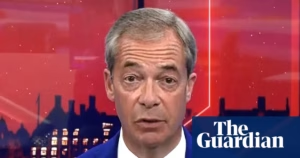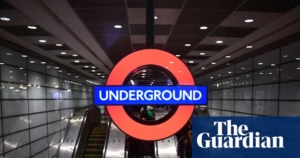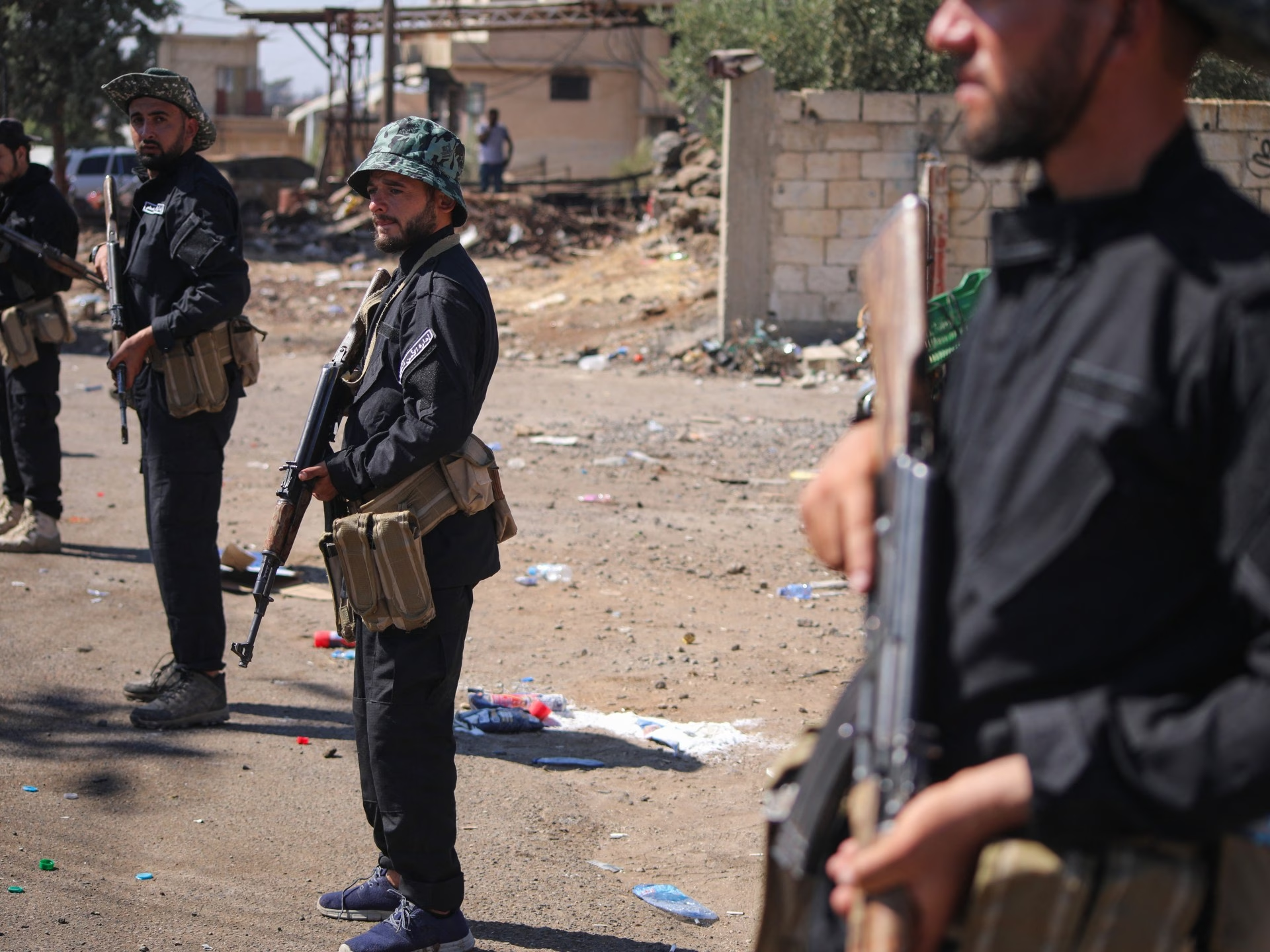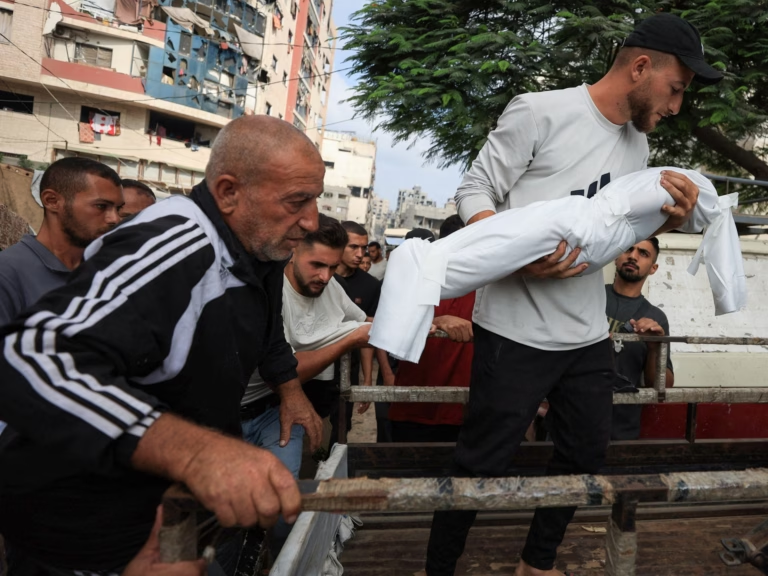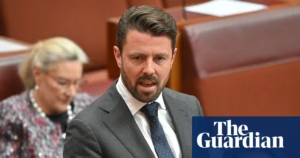This announcement came shortly after Syrian President Ahmed al-Sharaa ordered a new ceasefire between Bedouin and Druze groups. The ceasefire was a result of a separate deal brokering by the United States, aiming to prevent further military intervention by Israel in the clashes.
Reports of machine-gun fire and mortar shelling in Suweida and its surrounding villages were made just before the government’s statement.
Nour al-Din Baba, a spokesperson for the Syrian interior ministry, stated that the fighting ceased “after intensive efforts” to implement the ceasefire agreement and with the deployment of government forces in the northern and western parts of Suweida province.
According to Baba, Suweida city had been “cleared of all tribal fighters, and internal clashes within the city’s neighborhoods had been halted”.
Israeli Intervention
Violence erupted last week following the abduction of a Druze truck driver from a public highway, leading to a series of revenge attacks and tribal fighters across the country flocking to Suweida in support of the Bedouin community.
In addition, the fighting involved units of the Syrian government forces.
Israel intervened in the conflict on Wednesday, conducting airstrikes on Suweida and the capital of Syria, Damascus, to protect the Druze, following accusations by Druze leaders of government abuses.
The violence has claimed the lives of at least 260 people and wounded 1,700, according to the Syrian Ministry of Health, although other sources report more than 900 fatalities.
This presents a challenge to the control of President al-Sharaa’s government, which took power after the fall of President Bashar al-Assad in December.
In a televised address on Saturday, President al-Sharaa urged all parties to lay down their arms and assist the government in restoring peace.
“While we appreciate the courageous stance of the Bedouin people, we urge them to honor the ceasefire and abide by the state’s orders. We must all understand that this moment requires unity and full cooperation to overcome these challenges and protect the country from foreign interference and internal sedition,” he stated.
He condemned Israel’s intervention in the unrest, stating that it “had thrust the country into a perilous phase threatening its stability”.
Global Reaction to the Truce
Jordan played host to talks with Syria and the US aimed at reinforcing the ceasefire in Suweida, with the Jordanian government issuing a statement on the discussions.
The talks involved discussions on the situation in Syria and measures to cement the ceasefire in the Suweida Governorate to prevent loss of life and protect civilians.
Foreign Minister Ayman Safadi of Jordan, alongside Syrian counterpart Asaad al-Shibani and US special envoy for Syria Thomas Barak, agreed on “practical steps” including releasing detainees held by all parties, deploying Syrian security forces, and working on community reconciliation.
Safadi also welcomed the Syrian government’s commitment to holding accountable those responsible for violations against citizens in the Suweida region.
Various countries around the globe have also expressed support for the truce to be maintained.
David Lammy, the UK’s Foreign Secretary, expressed his horror at the southern Syria violence, emphasizing that “a sustainable ceasefire is crucial”.
France’s Foreign Ministry underscored the need for the “Syrian authorities to ensure the safety and rights of all segments of the Syrian population” and called for investigations into civilian abuses in Suweida.
Japan, too, expressed concern over the violence, including Israeli airstrikes, and urged for the ceasefire’s swift implementation.
It continued, “strongly urging all concerned parties to exercise maximum restraint, respect Syria’s territorial integrity and national unity, and uphold its independence and sovereignty”.
